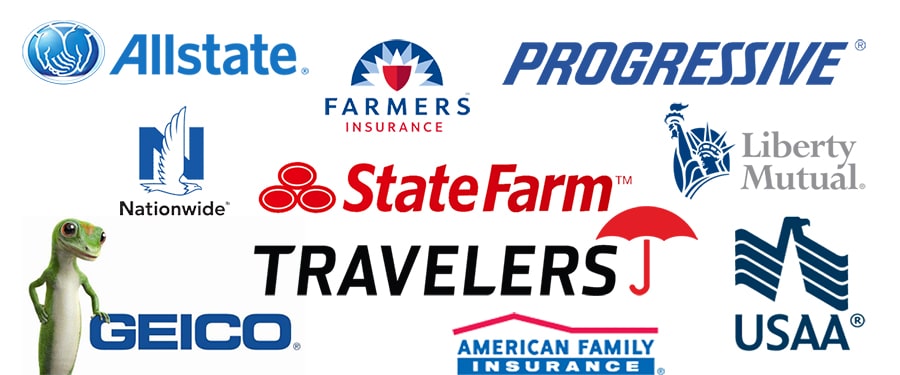
Scope of Car Accident Coverage: What You Must Know
This area of the law is always somewhat in flux (can change depending on the situation), as insurance companies attempt to limit coverage through their policy language. This can result in different outcomes based on the specific insurance company. The basic law includes the following:
Excluded Driver
An insurance company will not pay any benefits to any person if the vehicle was being operated by an excluded driver at the time of the accident. This is true even if the excluded driver is the owner of the vehicle. Never allow an excluded driver to operate your vehicle.
Non-listed Driver
The general law is that any person who operates your vehicle with your express or implied permission is fully covered by your insurance. Many insurance companies now provide language in their policies which attempt to limit this principle; most importantly, as language which requires you to advise the insurance company if you have a resident relative who drives your vehicle on a regular basis. This is particularly applicable to kids and spouses. In those circumstances where the insurance company has requested identification of such regular users, the failure to inform the insurance company can result in a denial of coverage.
Generally, in those circumstances the insurance company will be required to provide coverage when the person making a claim is a third party making a claim against your policy. The law requires your insurance company to honor that claim for the benefit of a third party. On the other hand, if you are seeking first party benefits such as under your collision insurance, the policy language may disallow such protection. It is unclear to what extent this exclusion would be allowable or enforceable by the court, as the law is nebulous and may be based on policy language. What that means is, if your child who regularly operates your vehicle is not a named insured or listed driver and is involved in an accident, your insurance company would be precluded from denying a claim brought by a third party but could argue that your collision coverage does not apply.
Obviously, adding children or other regular users to your policy would likely significantly increase the cost of coverage. Sometimes it is a difficult call to make in determining what is in your best interest, but be forewarned that failure to add additional drivers can result in serious expense and hardship. If someone is not listed as a driver and is involved in an accident, you should contact your attorney before contacting your insurance company.
Ride Sharing Coverage
Almost every standard insurance policy excludes coverage if the person is operating a vehicle for hire or service, such as Uber, Lyft, Door Dash, Instacart, etc. Any person who is employed in that capacity needs to make sure they have business coverage through the ride share company. This is now very standard and absolutely required.
In those circumstances where a person is "on the app", the personal insurance will not provide coverage UNLESS it is a claim made by a third party and the ride share company does not provide coverage.
In my experience, the deductible for collision coverage provided by business coverage is at least $1,000. It is important that you fully understand your applicable coverage based on whether you are "on the app" vs. personal use.

Need our legal advice?
Call us for a free consultation
Slatkin & Lupo
Law Offices





